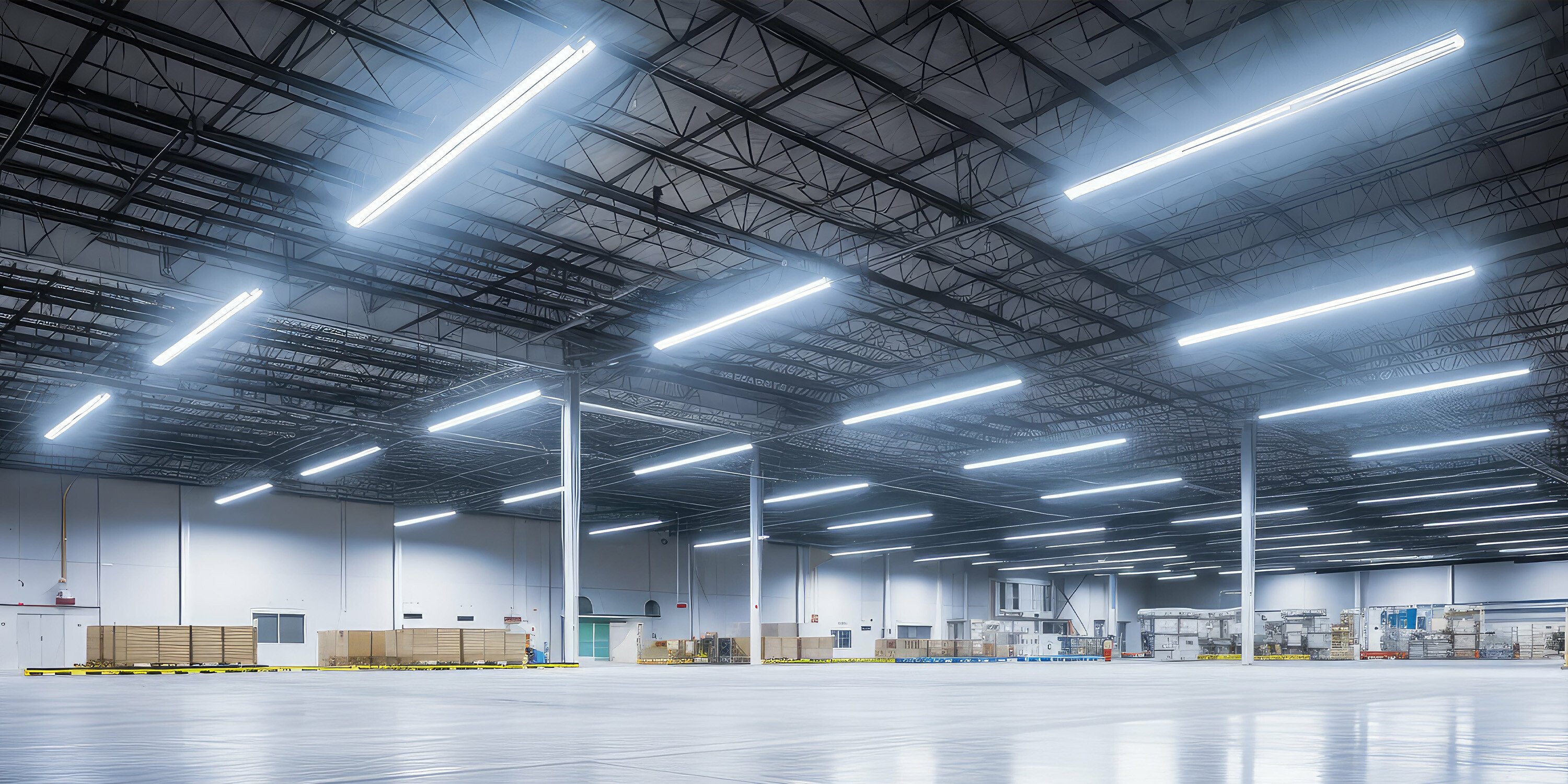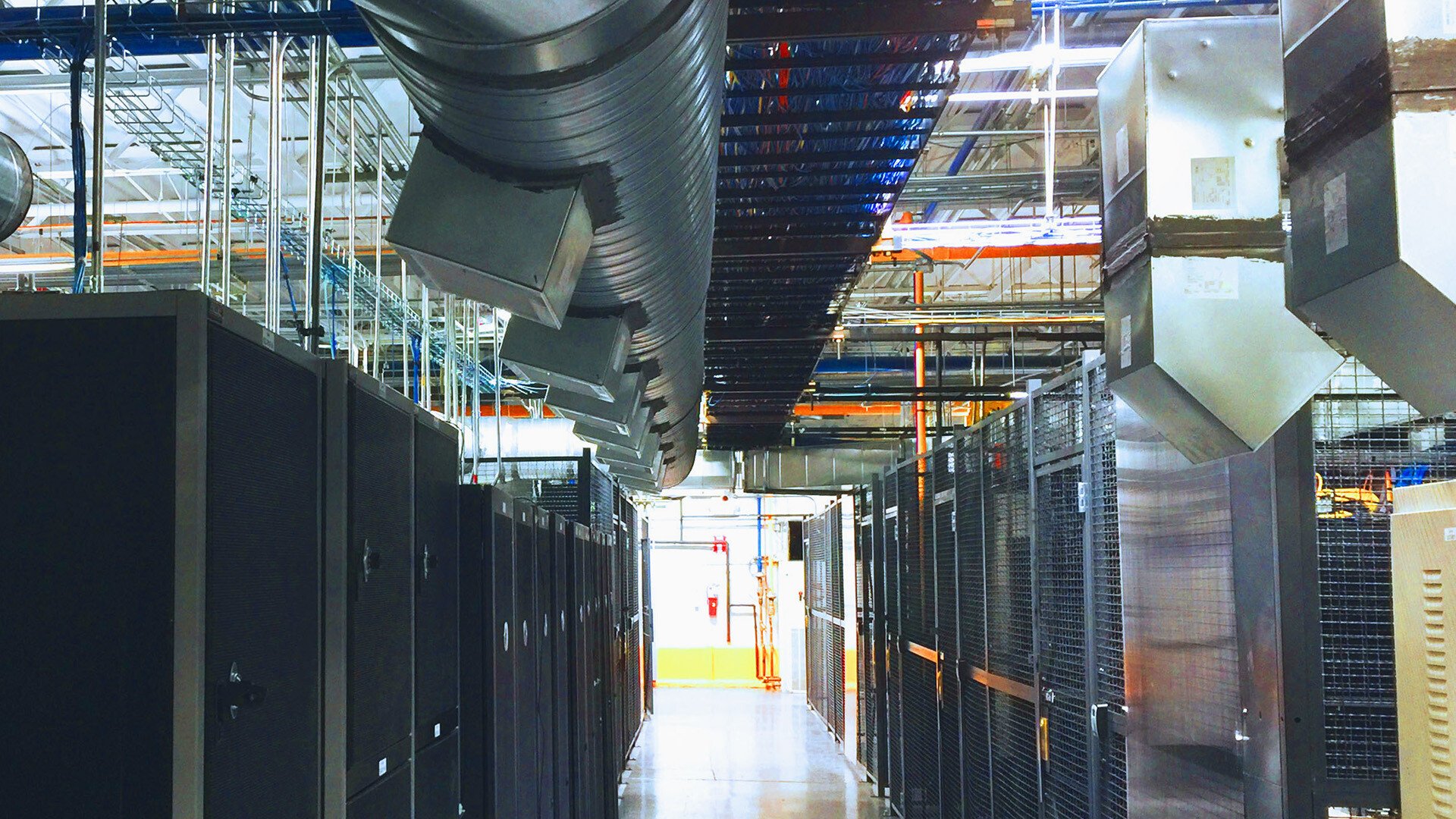Energy Efficiency | September 27, 2019
6 Facts about Energy Services in New England
Working out of our Hingham, MA location, I develop efficiency projects for clients across the US, from East Coast to West. The New England-based jobs I work on, from New Hampshire to Connecticut, are rooted in several, core energy services that help commercial and industrial buildings save energy. “Energy services” as a term isn’t always clear as it relates to the work we do as a design/build firm. Does it mean energy procurement? Negotiating with utilities? 1-for-1 equipment swap? I asked – and answered – 6 questions about how Mantis Innovation defines energy services in Massachusetts and New England to help regional businesses understand what their options are when it comes to installing efficiency solutions designed by our engineers.
-
How do we define “energy services”?
Energy services are services that have a primary goal of energy conservation, using energy more efficiently and reducing energy use. Energy services can include:
- LED lighting and lighting controls
- HVAC upgrades, retrofit and system redesign
- Building Management Systems, Automation Systems and Energy Management Systems
- Data center optimization, including airflow management and cooling systems
-
Why have energy services been important to New England states in particular?
New England, in particular, benefits from energy services in a number of ways but the largest is electricity savings. The average cost of electricity in the New England area can be as much as 2 to 3 times the average in other parts of the country. New England also has both harsh winters and hot summers, meaning that updates to HVAC systems can save money year-round. Fundamentally, efficiency services in New England that lower energy use will – over the course of a year’s energy usage – lower corresponding energy bills as well.
-
What challenges do commercial/industrial facilities in New England face when considering energy services?
The two main challenges facilities face when taking on a new efficiency project are typically scope and execution. Most facilities have just the right number of staff to keep their operations running smoothly. This means that if they want to take on something new, they are stretching their resources, and for something as complex as energy services projects, that can feel like a nearly impossible task. The best solution to both of these challenges is to work with a trusted ESCO (Energy Service Company) to design, build and install an efficiency project that will deliver on its goals and provide the financial and operational results a facility is looking for.
-
What questions should prospective clients ask of ESCOs?
Always ask about experience and references. You want a company that knows how to create the solution you are looking for, but also for someone that knows how to execute that solution well. Some of the questions we recommend asking include:
- What previous projects have you completed that delivered the best ROI for the customer?
- How will we communicate during the course of the project?
- How many years have you been working in this business?
- What time frame or project scope should I expect in order to obtain the best utility incentives available to my facility?
-
What facility/operations problems can energy services solve?
Some of the problems facilities face that can be solved by energy services are:
- OSHA violations: Federal Law has a number of specific heating, lighting and safety requirements that need to be met. Many of these can be mitigated during the course of an efficiency project that implements a number of energy services.
- Budget issues: one of the things that can stall a project is the cost of the project, however a lot of the time people forget to look at how much it is costing them not to do the project. In a majority of situations, energy efficiency projects will pay themselves off before the 2-year mark.
- Operational issues: no one likes being too hot, too cold or working in a dark space. Energy projects save energy, this is true, but they also improve your spaces.
-
How do New England-based industries benefit from energy services – manufacturing, healthcare/hospitals, biotech?
In New England, in particular, many industries benefit from the savings on their electric and gas bills. “Cash is king,” as they say, and energy projects ultimately save money.
There is also an aesthetic aspect to consider. When you enter a well-lit and comfortably conditioned space, you are – yourself – more comfortable and therefore, one could say, less stressed. You are more likely to like that space, and if you are a potential customer or employee, you may think more favorably of the owners of the facility.
Energy services benefit the manufacturing industry by enabling employees to work better, with similar reasons above. Locations with outdated, old or dim lighting will benefit from LED lighting and controls upgrades.
Hospitals, healthcare and the biotech industry all operate sensitive facilities that require 24/7 run-time or may have some significant and specialized HVAC requirements. Especially if tackling multiple facilities for a biotech campus or a hospital network, energy projects in these industries can often be designed to be comprehensive, involve multiple or all of the energy services listed above and therefore qualify a large part of project expense for utility incentives which, in the end, saves our clients even more money.
Looking to learn more about energy services in New England or across the country? Contact us.
Related Posts
Discover more content and insights from Mantis Innovation

The Cost of Inaction: Why Businesses Should Act Now on Energy Efficiency
In today's fast-paced business environment, the financial and operational losses businesses incur by delaying energy efficiency improvements, the "cost of inaction," is more relevant than ever.

In today’s AI era, human intelligence is the key to data center facility and energy optimization
Nowhere else in modern industry do artificial and human intelligence converge with such transformative potential as in the world of data centers. As AI's extraordinary growth accelerates demand for

Your Guide to LED Lighting for Business and Commercial Buildings
Never to be underestimated, LED lighting and well-designed lighting retrofits and upgrades offer businesses big improvements like reduced energy costs, reduced emissions, and improved working

Five Trends Driving Data Center Facility Energy Optimization
Today’s digital economy, commercial and industrial digitalization, and the recent explosion in artificial intelligence and machine learning (AI/ML) powered computing are driving massive growth in